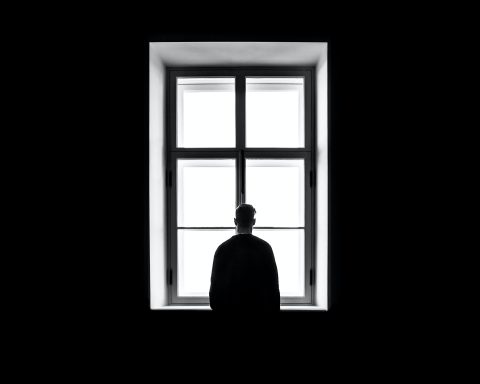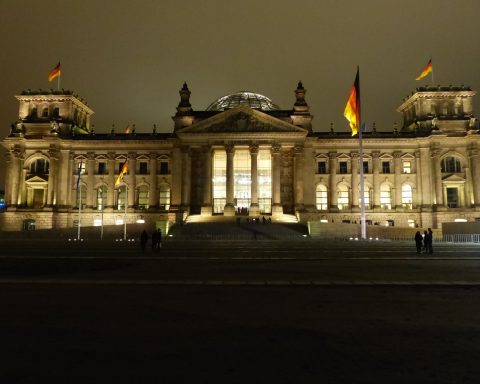As a Christian-Democratic politician confirmed last Friday: Saxony, where he is active, hungers for workforce. A huge cohort retires very, very soon, so the situation will become even worse.
“Refugees are Welcome” used to be a slogan of the Left. Now it is of the Right.
In weekend TAZ one could read such a diagnosis too.
I met with the CDU politician after much back and forth to contribute,
as many other hands-on experts in Leipzig do these days, to his knowledge about the situation of migrants and refugees in schools and when seeking access to the labor market.
The CDU is namely preparing its proposal for an integration law here in Saxony. Well, that is quite a turn. It used to win elections claiming that Germany is no immigration land [KEIN ZUWANDERUNGSLAND], refusing calls for easier acqusition of citizenship and communal voting rights for migrants, and pushing for more restrictive asylum laws. It still evokes the image of an immigrant Parallellgesellschaft, calls for punishing/deporting criminal foreigners (as is the law since last year, by the way) and criminalizes all foreigners though.

As I explained in September to a number of US colleagues impressed by Germany`s generosity towards refugees: Germany has been successful in setting up barriers to immigration since 1987 and since the 1990s when the Soviet bloc fell – via the very first Schengen Agreements with other West European and then border agreements with East European (neighbor) countries. Oh, yes, and the CDU-CSU managed to force through a change in the Basic Law/Constitution on asylum to close its borders this way as well. Asylum became conditional – upon threat to one’s body or life in the country of one’s origin, by 1993, I think.
As a result one could only stay here as a refugee if one descended from the skies on a parachute. This was a joke by a political scientist seriously upset by the CDU-CSU’s successes in locking Germany up. By 2006 there were very few refugees making it to Germany. The acceptance rate fell down to 0.7%. The others were sent back to wherever they came from – or the European country in which they first set foot.
At the same time, a new trend developed: In the context of intensified competition for brains, HiTech-specialists preferred going to the US or staying home (Poland, India) because they were badly treated in Germany — by the Neo-Nazis but also by parts of the general population. And, not to be forgotten, also better paid at home — whether by their own or foreign HiTech firms. Even foreign nurses and potential personal care personnel could no longer be taken for granted.
People were also leaving Germany — like, for example, retired Turkish workers, in part enticed by “return money”, but also Germans or others fed up with German bureaucracy or lifestlyle. More people were leaving than coming.
Although Chancellor Merkel tried to stimulate school reforms, German schools continue to under-produce the necessary and/or in-demand labour force and over-produce dropouts or poorly skilled future employees. Whether this is intended or not, Germany’s educational system has come to resemble quite a bit the US system, making importing skilled labor necessary.
All this has led to a workforce-starved Germany. But, then, Germany has always been workforce-starved. It got Poles to work in its coal mines in the West over 100 years ago, it commanded “forced labor” to work on its farms and some of its factories during World War II, and it signed contracts with its southern European neighbors and then Turkey to import “guest workers” to help with its Wirtschaftswunder after World War II.
And, now, since hardly anybody else wants to come: Refugees are Welcome!
Especially if they speak English and have higher education, but not only.
The irony is: It is a strong democracy right now, but by pulling refugees to Europe, it is re-invigorating racist-fascist parties and movements in Germany and very many other parts of Europe. A strong democracy as a threat to democracy? Not the first one. You do not know what I mean? Think!









